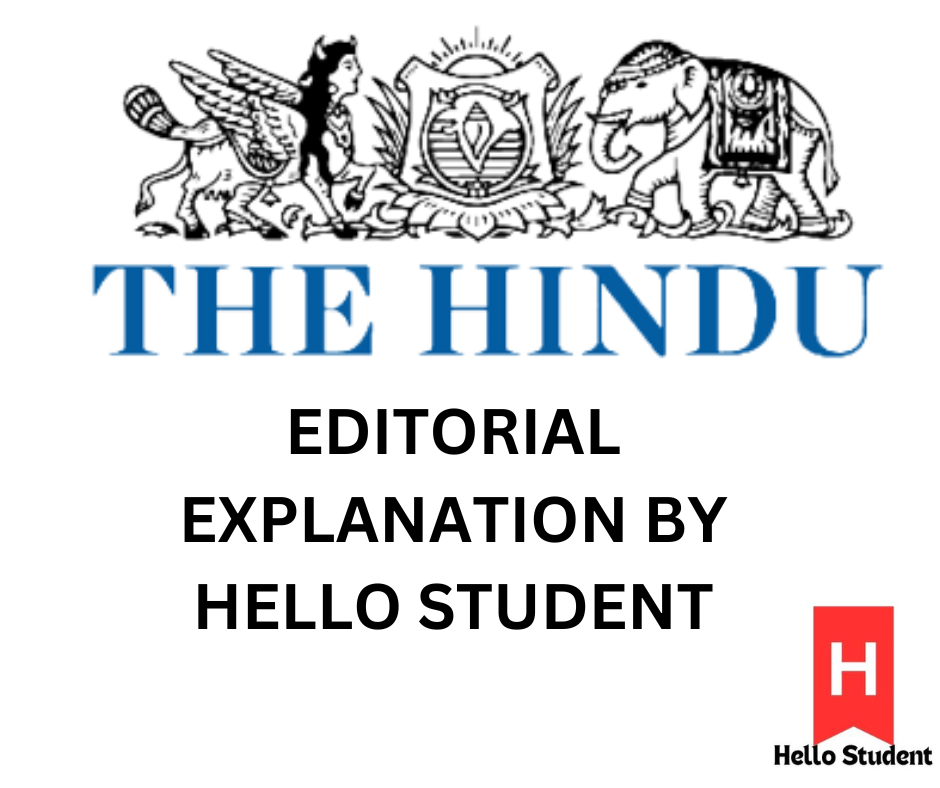The article talks about the Vaikom Struggle, which happened more than 100 years ago in India. It was a movement to fight against the unfair treatment of backward-caste Hindus, who were not allowed to walk on the roads near the Vaikom Mahadeva Temple in Kerala. This was a major step toward equality in society because it showed that people could stand up against unfair rules and bring change.
The Vaikom Struggle started when local leaders and activists began protesting against the restrictions. In the beginning, the government tried to stop them, but the movement gained strength when Periyar E.V. Ramasamy joined in 1924.
He made the protest bigger by getting more people involved. After many efforts, in 1925, the restrictions were removed, allowing backward-caste Hindus to walk near the temple. This victory inspired other similar movements across India, as more people began to fight for equality in religion.
After the Vaikom Struggle, many other important changes took place, especially in South India. In 1936, the Travancore Temple Entry Proclamation allowed backward-caste Hindus to enter temples.
By 1947, a law was passed in Tamil Nadu that gave all Hindus the right to enter any temple. These reforms helped make religion more equal and open to everyone, no matter their caste.
A big part of these changes was thanks to Dr. B.R. Ambedkar, who played an important role in writing the Indian Constitution. He made sure that the Constitution included a rule saying that religious freedom should not harm public order or health. This allowed the government to step in and make changes when needed to protect people’s equality and rights.
The article also talks about the role of the government in regulating religion. Some people believe that the government should stay out of religious matters, but the article explains that the government’s role is to ensure that everyone has equal access to temples and other public spaces.
Over the years, laws have been passed to make sure that temples are managed fairly, and that people of all castes can worship freely.
In recent years, states like Tamil Nadu and Kerala have made reforms by appointing priests from non-Brahmin castes. This has caused some resistance, but it shows that society is continuing to move toward equality and fairness for everyone, no matter their caste or background.
On December 12, 2024, Tamil Nadu and Kerala will celebrate the 100th anniversary of the Vaikom Struggle. This celebration honors the work of Periyar and Ambedkar, two leaders who played a key role in the fight for equality and social justice. Their efforts helped start important changes that continue to shape a fairer society today.
.
.
.
join our telegram channel for regular updates of The Hindu Epaper Editorial Explanation-https://t.me/Thehindueditorialexplanation
The Hindu Epaper Editorial Explanation given by Hello Student is only a supplementary reading to the original article to make things easier for the students.
In conclusion, preparing for exams in India can be a daunting task, but with the right strategies and resources, success is within reach. Remember, consistent study habits, effective time management, and a positive mindset are key to overcoming any academic challenge. Utilize the tips and techniques shared in this post to enhance your preparation and boost your confidence. Stay focused, stay motivated, and don’t forget to take care of your well-being. With dedication and perseverance, you can achieve your academic goals and pave the way for a bright future. Good luck!
The Editorial Page of The Hindu is an essential reading for all the students aspiring for UPSC, SSC, PCS, Judiciary etc or any other competitive government exams.
This may also be useful for exams like CUET UG and CUET PG, GATE, GMAT, GRE AND CAT
To read this article in Hindi –https://bhaarat.hellostudent.co.in/

